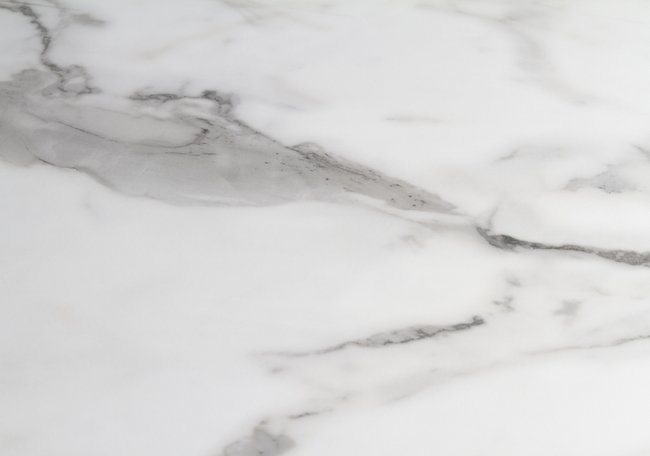We may earn revenue from the products available on this page and participate in affiliate programs. Learn More ›
Unquestionably, marble ranks among the most luxurious and beautiful countertop and flooring materials. Equally beyond question is the fact that marble requires special care and maintenance. Whenever you set out to clean marble, you’ve got to be very careful: Many products and techniques that are traditionally used with other surfaces can cause permanent damage to marble. Avoid common pitfalls by following these guidelines to clean marble effectively and safely.

Everyday Cleaning
Marble can be easily stained by many of the liquids that frequently appear in the kitchen—for example, wine, coffee, and orange juice. Watch out for spills and clean them up as quickly as possible. Even water, if left to pool for a period of time, can discolor marble, so it’s best to keep stone surfaces dry.
Avoid general-purpose cleaners unless the product specifically states that it’s marble-safe. Most of the time, a solution of dish soap and warm water is all that’s needed to keep marble looking new. Dip a soft cloth into the diluted soap, wring out the cloth so that it’s damp but not dripping wet, then wipe the marble clean.
You can also clean marble floors with a solution of dish soap and warm water—and you don’t need to get down on your hands and knees. It’s totally fine to use a mop; just be careful not to slosh too much water all over the place. When you’re finished, the floor should be a little damp, but if any pools have collected, you haven’t wrung out the mop well enough. Wipe up any standing water quickly with a dry cloth or towel.
Be aware that while many homeowners rightly revere the cleaning virtues of vinegar, this handy pantry staple should never be applied to marble; its high level of acidity can actually corrode the stone.
Stain Removal
Given the material’s sensitivity, removing stains from marble can be a little tricky, but it’s not an insurmountable challenge. The key is to absorb the stain. Try this: Mix baking soda with a small amount of water to form a thick paste. Apply it directly to the stain, then cover it with plastic wrap. Leave the paste in place for at least 24 hours, then check to see whether the solution has worked. If the stain is less noticeable but is still hanging on, repeat the process with a fresh application of paste.
No luck yet? So long as the marble is light-colored, you can experiment with hydrogen peroxide. But don’t go near this method if your marble is darker—the bleach could discolor it.
The very best way to care for marble is to prevent stains in the first place. Clean up any spills quickly, never put hot pans on the surface, and always be careful using sharp objects near marble because it can be easily scratched. Treat marble well and it will stay looking great for a lifetime.


